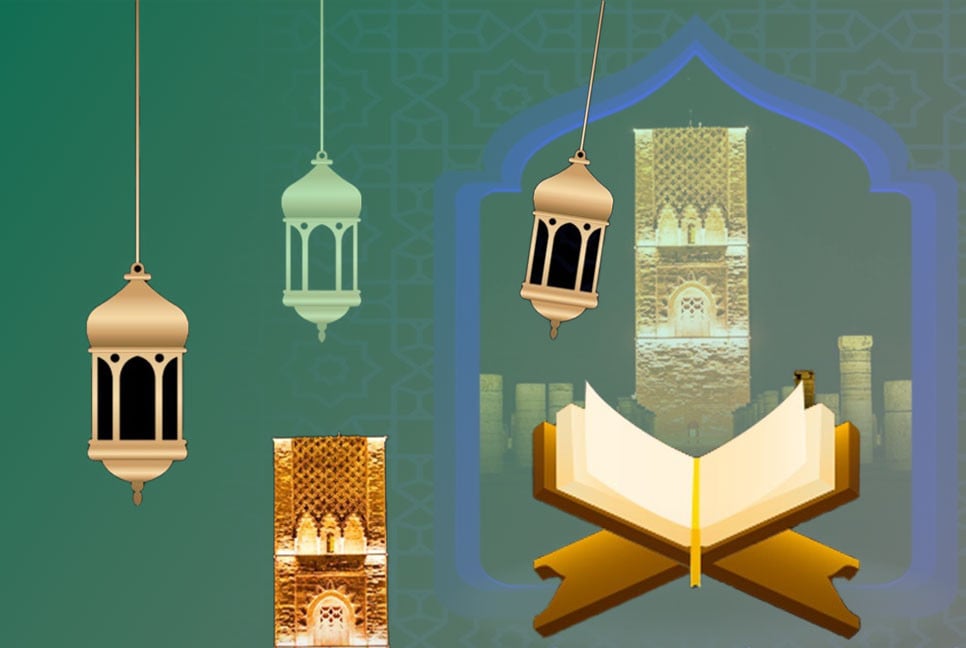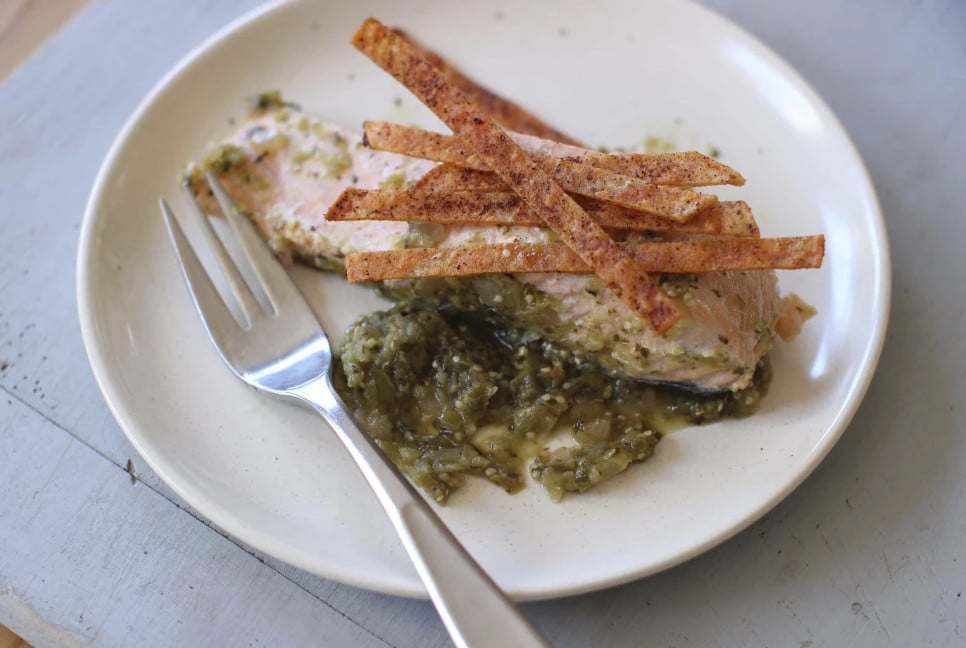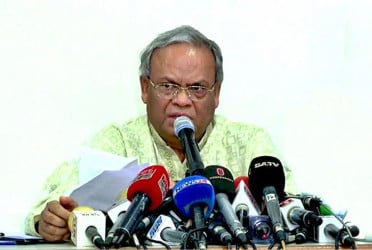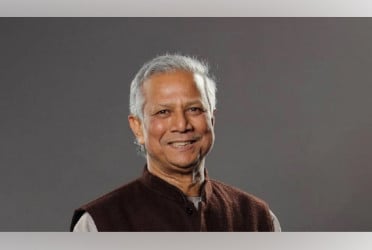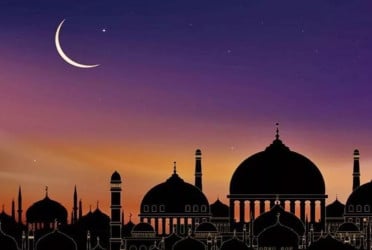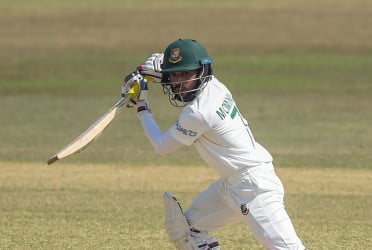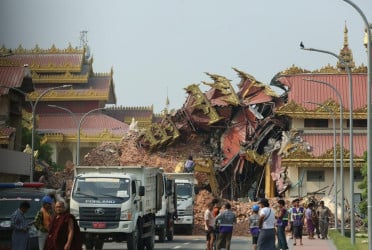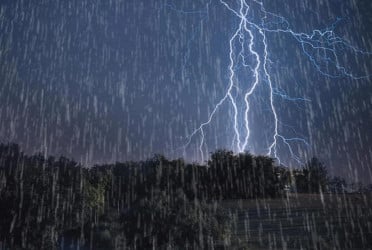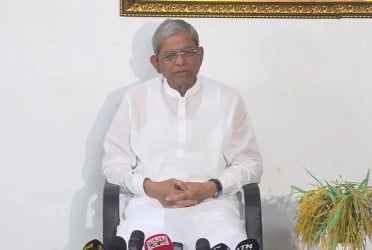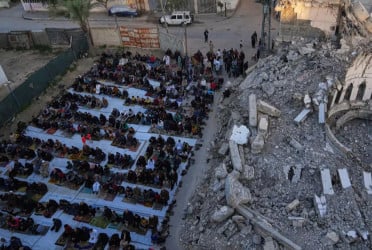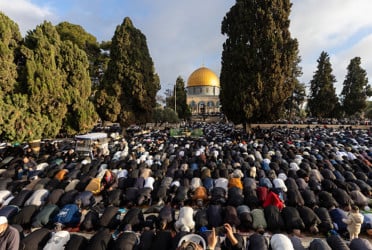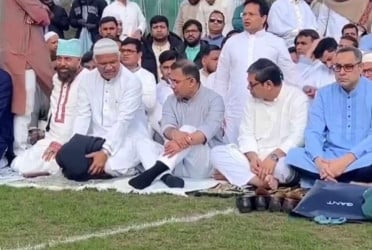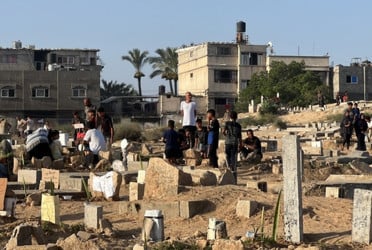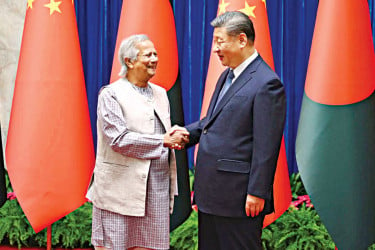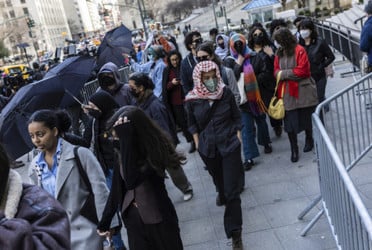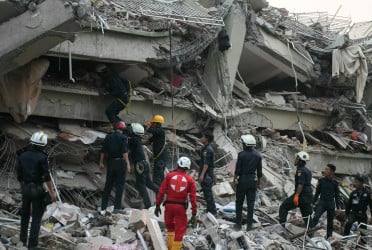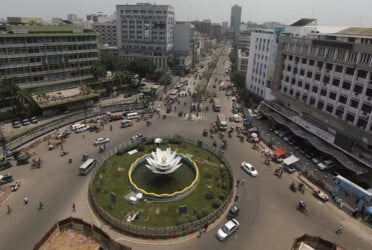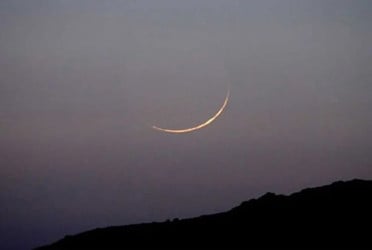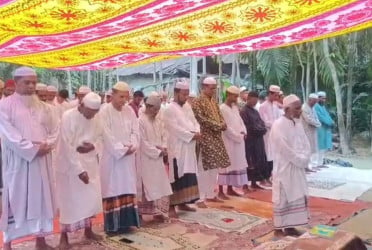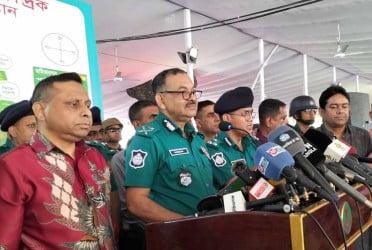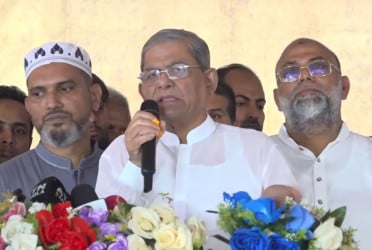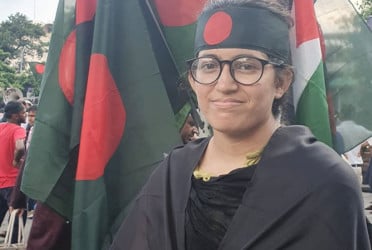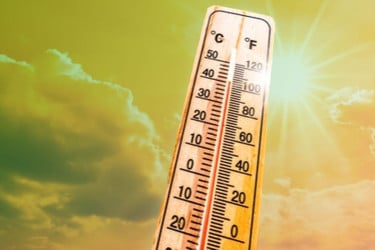Laylat al-Qadr, often called the Night of Power or Night of Destiny, holds immense significance in Islamic culture. It marks the moment when the first verses of the Quran were revealed to the Prophet Muhammad through the angel Gabriel. This event represents a foundational moment in Islam, shaping the faith and its teachings. The Quran describes this night as more valuable than a thousand months, emphasizing the profound spiritual benefits of worship during this time.
Unlike other Islamic observances with fixed dates, the exact timing of Laylat al-Qadr remains unknown. It is believed to fall on one of the odd-numbered nights in the last ten days of Ramadan, with many traditions pointing to the 27th night. This uncertainty encourages Muslims to increase their acts of devotion throughout this period, ensuring they do not miss the opportunity to benefit from the blessings of this sacred night.
“Indeed, We sent the Qur'an down during the Night of Decree. And what can make you know what is the Night of Decree? The Night of Decree is better than a thousand months. The angels and the Spirit descend therein by permission of their Lord for every matter. Peace it is until the emergence of dawn.” (Surah Al-Qadr 97:1-5)
“Whoever stands in prayer during Laylat al-Qadr with faith and seeking reward, his past sins will be forgiven.” (Prophet Muhammad – Bukhari, Muslim) “Seek Laylat al-Qadr in the odd nights of the last ten nights of Ramadan.” (Prophet Muhammad – Tirmidhi, Ibn Majah) “Oh Allah, You are forgiving and You love forgiveness, so forgive me.” (Prophet Muhammad – Tirmidhi)
“A sign of Laylat al-Qadr is that it is a clear, quiet, and peaceful night, neither too hot nor too cold, and the sun rises in the morning without rays.” (Imam Al-Shafi’i) “The one who truly attains Laylat al-Qadr is the one who finds his life transformed by it.” (Imam Ibn Qayyim)
Many Muslims observe Laylat al-Qadr by engaging in voluntary prayers such as Tarawih and Qiyam, both performed at night to seek closeness to Allah. Reciting and reflecting on the Quran holds particular significance, as it commemorates the night of its initial revelation. Sincere supplications, known as dua, are strongly encouraged, with one of the most notable prayers taught by the Prophet Muhammad being: "Oh Allah, You are forgiving and You love forgiveness, so forgive me."
Acts of charity, including zakat and Sadaqah, play an important role on this night, as good deeds are believed to be multiplied in reward. Many Muslims also participate in I'tikaf, a practice of secluding themselves in mosques during the final ten days of Ramadan to focus solely on prayer, Quranic recitation, and self-reflection.
The atmosphere of Laylat al-Qadr is one of peace and reverence. Mosques remain filled with worshippers praying into the early hours of the morning, while those at home immerse themselves in devotion. It is a night when believers seek forgiveness, deepen their spiritual connection, and renew their commitment to faith.
Laylat al-Qadr represents the essence of Islamic spirituality, bringing together devotion, reflection, and generosity. It serves as a reminder of the transformative power of faith and the boundless mercy of Allah. For those who sincerely seek its blessings, this night offers an opportunity to draw closer to God and attain spiritual renewal.
Bd-pratidin English/ Jisan

